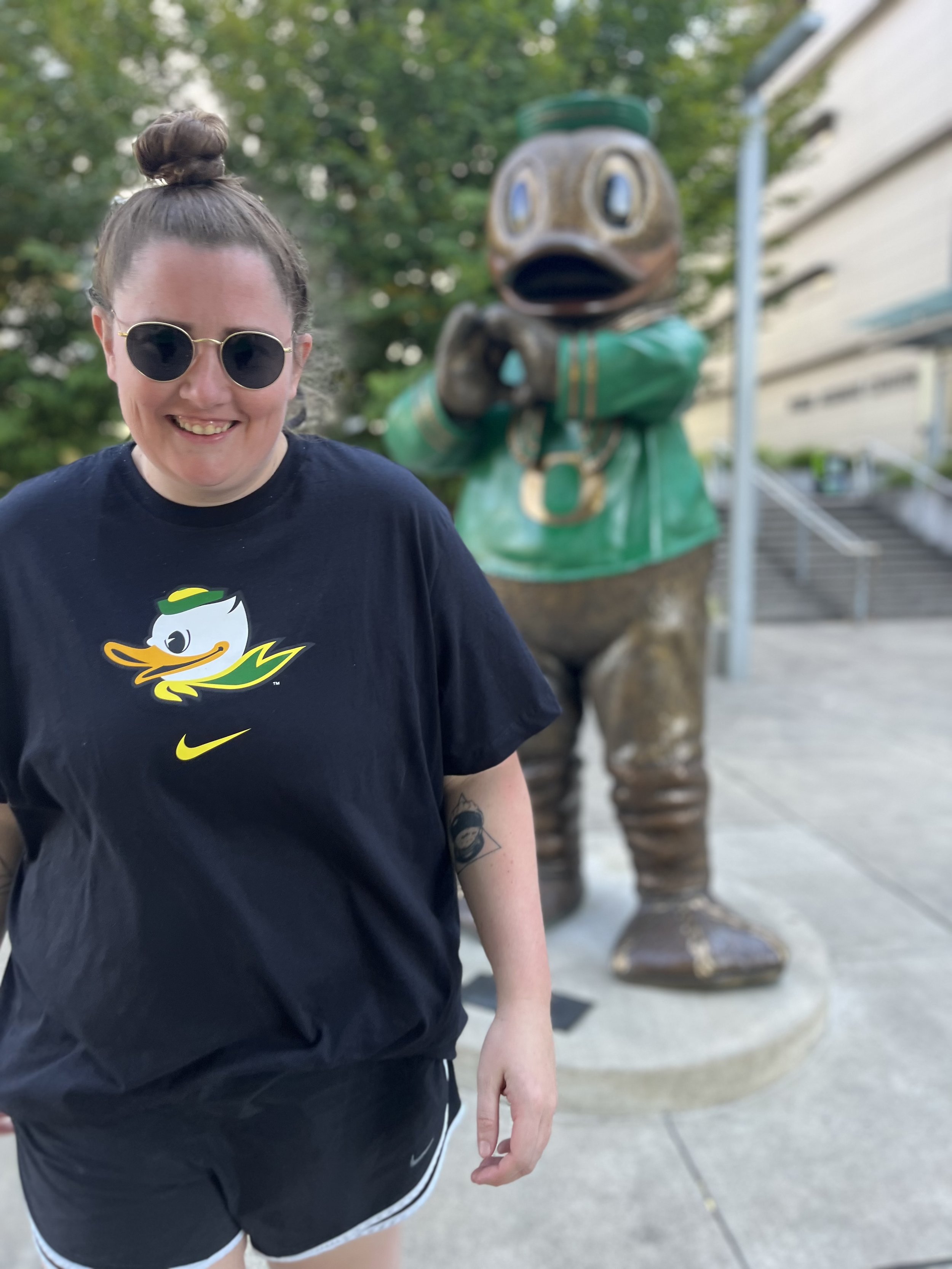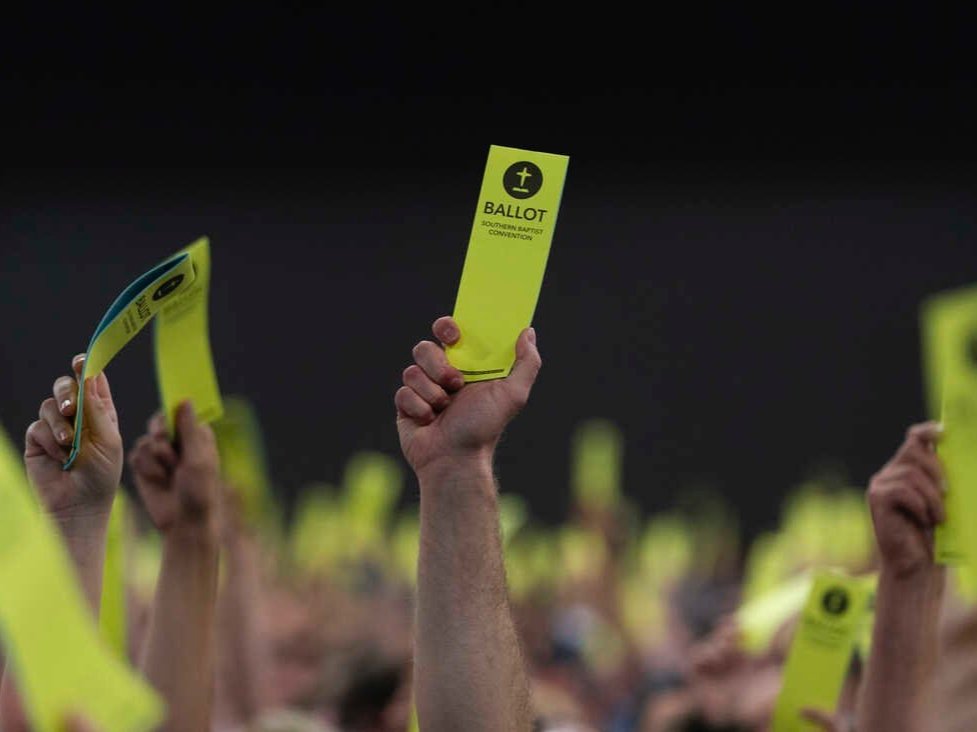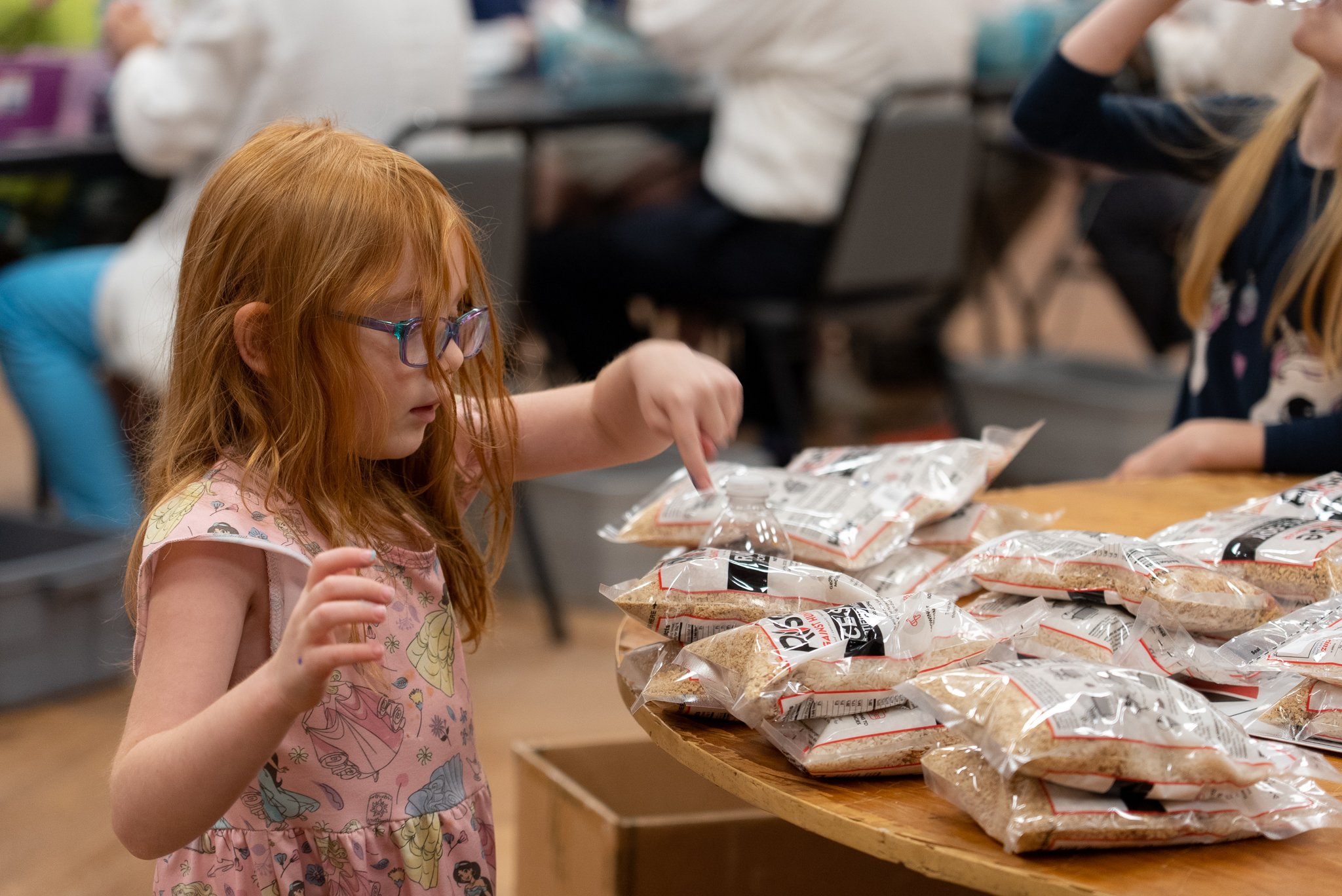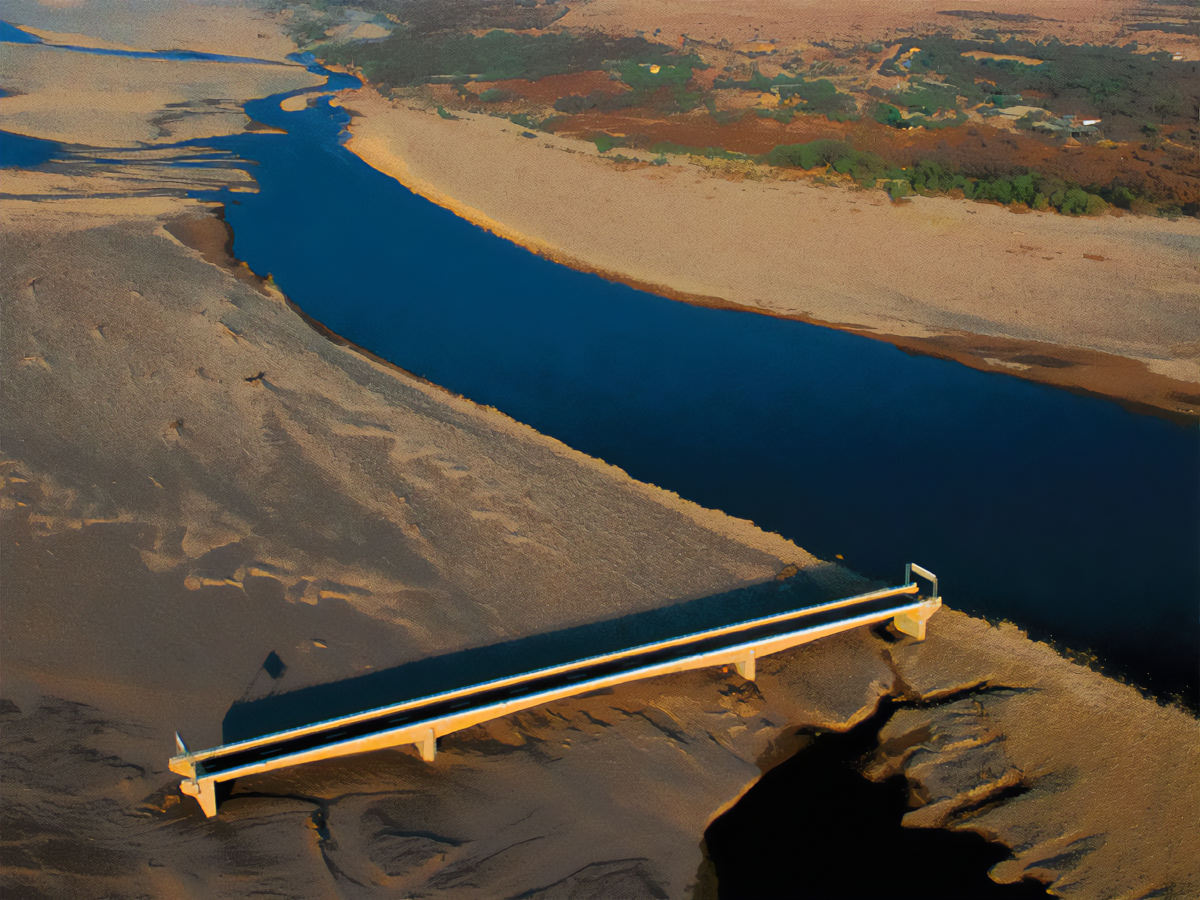Dear First Baptist Family:
The time has come to step away for my sabbatical—a time made possible by your kindness and generosity.
The 20th century author Brenda Ueland gave some advice to writers that really is for everyone. She said, “The imagination needs moodling—long, inefficient happy idling, dawdling and puttering.”
Our souls need “moodling” time, too, and I am deeply grateful to you for investing in my soul through the gift of a renewal leave.
Enormous thanks to Pastor Eric and the rest of our talented staff—Dave Ryder, Sarah Hodges-Austin, Tim P-R, Sean Burns, Carolyn Roebuck, Julia Bradley, Mia Owens, Lynwood Coles and Ray Jules—for all the extra ways they are leading and serving during my absence.
Sabbatical Intentions
A handful of sabbatical intentions have emerged from my prayers and “moodlings” over the past several months, as I’ve prepared for this renewal leave. I ask you to hold these in your prayers while I’m away:
Savor spacious time away with Tim.
Cherish spontaneous outings with Taylor and Lucy.
Enjoy time with my mother in Orlando.
Encounter God’s presence in the beauty of nature—the Scottish Isle of Iona, the wild landscape of Iceland, the tropics of Florida, the high desert of New Mexico, the Sierra Nevadas, the Willamette Valley of Oregon, and our beloved San Francisco Bay Area.
Practice “beginner’s mind” as I travel, approaching new experiences with curiosity, playfulness, and wonder.
Remember daily that I am not defined by what I produce or accomplish.
Reconnect with my love of creative writing.
Pray this summer for every person in the FBC community by name.
I will miss you, FBC family.
I will miss worshiping with you, laughing with you, serving alongside you.
I will miss joining you for Rise Against Hunger and Capital Pride.
I will miss hugs from FBC’s children and teenagers.
I will miss your insightful questions and reflections.
I will miss the sound of you singing in the sanctuary.
I will miss being part of the congregational farewell to Eric at the end of July.
Your support means the world to me, and I look forward to returning in August refreshed and renewed.
With love and gratitude,
P. S. For your information, I’d like to share with you the general itinerary of my sabbatical travels (click on the images for a larger view):
May-June: Scotland, Iceland, Florida
July: New Mexico, California
August: Oregon
Mother-Daughter time with Lucy at the University of Oregon in Eugene






























